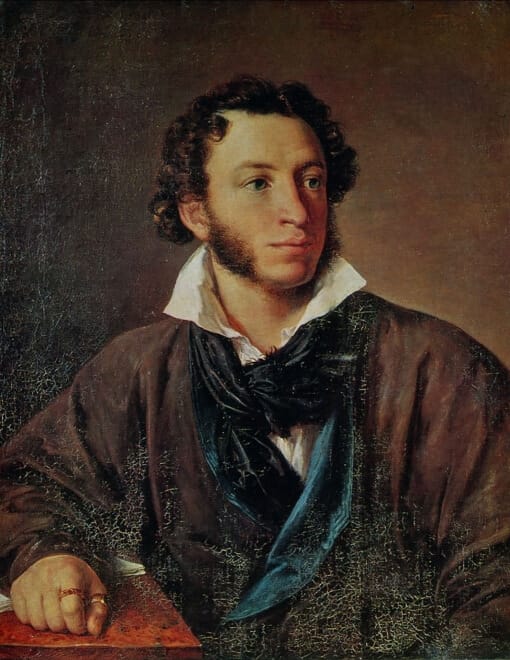
Russian Language
The Language of Opportunities
Russian is one of the most widely spoken languages in the world. Mastering Russian opens up numerous opportunities: you can pursue academic research — including in the field of Russian philology — build a career in leading Russian companies, or even start your own business.
Russian holds the status of the state language in Russia and Belarus and is an official language in Kazakhstan, Kyrgyzstan, and several other countries. Moreover, it is one of the six official working languages of the UN, UNESCO, the CIS, and other international organizations. It is a language of global communication, spoken by a vast number of people not only in Russia but also in many other countries. It is widely used in international professional and academic environments.

Russian Native Speakers
There are more than 150 million native speakers of Russian worldwide. Additionally, around 110 million people speak Russian as a foreign language, bringing the total to nearly 260 million speakers. Russian ranks eighth globally by number of speakers, and it is the second most commonly used language on the Internet.

Literature
Russian is the language of world-renowned writers and poets. Russian classical literature is beloved by readers far beyond Russia’s borders.
Knowing Russian gives you the opportunity to read the works of great Russian authors in the original. You’ll rediscover stories written by Fyodor Dostoevsky, Nikolai Gogol, Leo Tolstoy, Mikhail Bulgakov, and explore the poetry of Alexander Pushkin, Sergei Yesenin, Vladimir Mayakovsky, Anna Akhmatova, and Joseph Brodsky.
Through Russian literature, you'll gain deep insights into the culture and history of our country. The lyrical characters in Russian works are known for their depth and complexity, and the rich language vividly and precisely conveys their experiences and emotions.

Russian Language Day
Russian Language Day is an international holiday celebrated annually on June 6 — the birthday of the great Russian poet Alexander Pushkin. It’s a wonderful opportunity to explore Russian culture and history and to take part in various events dedicated to promoting and developing the Russian language — competitions, exhibitions, lectures, literary readings, and more.

Studying the Russian Language
For international students who don’t speak Russian, there are opportunities to study in other world languages. Many Russian universities offer bachelor's, master's, and doctoral programs in English, French, and other languages.
To get accurate information about available language programs, it is best to contact representatives of your chosen university directly. They can provide the most up-to-date details on the languages of instruction.
In addition, many universities offer Russian language courses for international students. Typically, one year is sufficient to learn the basics. Before beginning their main academic program, international students can enroll in a one-year preparatory course at a Russian university. These courses usually include 20 to 36 hours of Russian language instruction per week, along with some general education subjects depending on the student's future field of study.







Test of Russian as a Foreign Language (TORFL)
TORFL is useful for those who plan to study at a Russian university in the Russian language. The test includes tasks and topics that are relevant for academic study.
Holding a TORFL certificate is not mandatory for admission — each university decides independently whether to require it from applicants. However, in some cases, having a TORFL certificate can be an additional advantage. It may be accepted in place of the Russian language entrance exam when applying to bachelor’s or specialist degree programs.
TORFL is in demand among students who will need Russian for their future careers. This includes philologists, linguists, cultural studies scholars, petroleum engineers, economists, and political scientists. They take the test to obtain an official certificate confirming their level of language proficiency.
Regulatory legal acts of the Russian Federation governing the organization and administration of TORFL:
- Order No. 255 of April 1, 2014: On the approval of Russian language proficiency levels as a foreign language and requirements for them
- Order No. 667 of June 18, 2014: On the approval of the form and procedure for conducting state testing in Russian as a foreign language
- Order No. 471 of July 6, 2019: On the approval of the list of educational institutions authorized to conduct state testing in Russian as a foreign language
- Order No. 412 of April 25, 2014: On the approval of the form and procedure for issuing certificates for passing state testing in Russian as a foreign language and the technical requirements for them